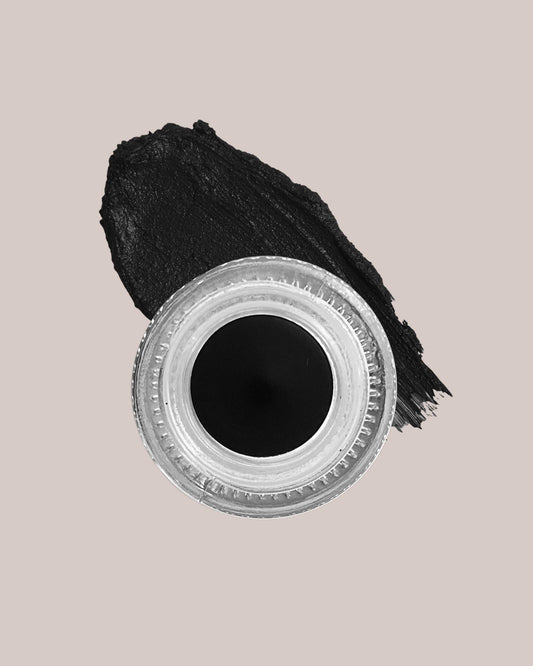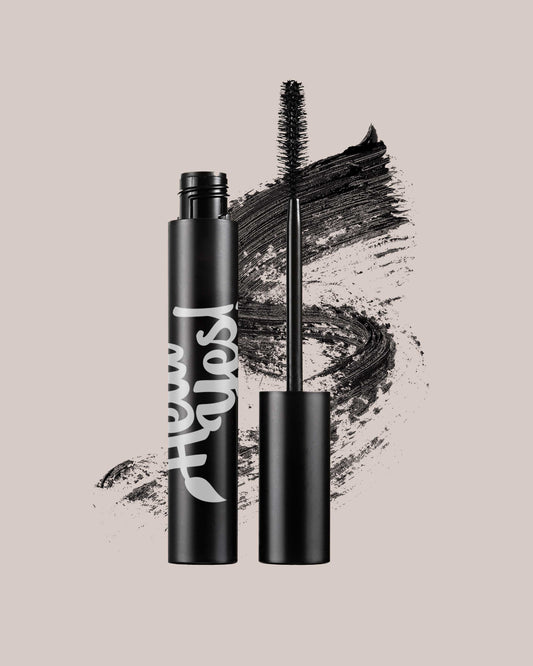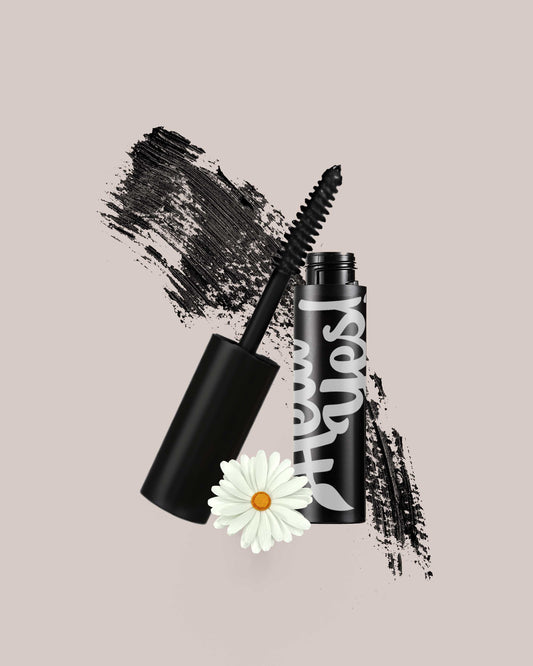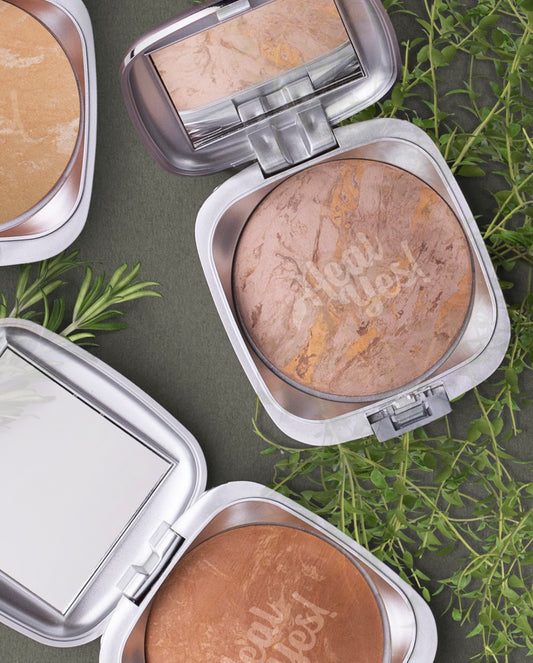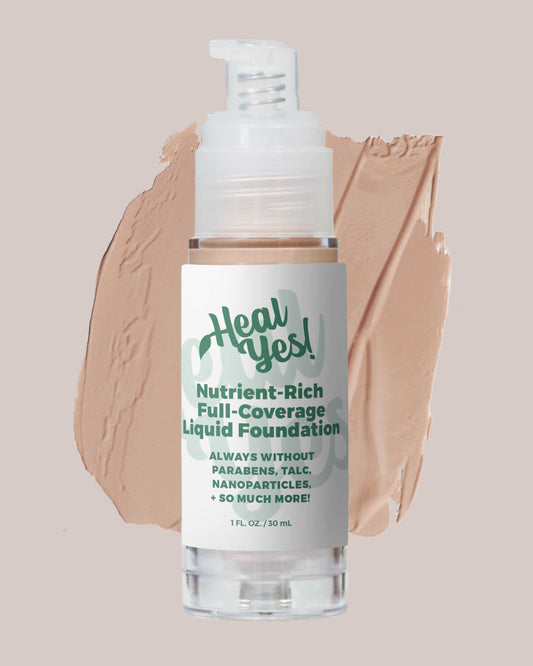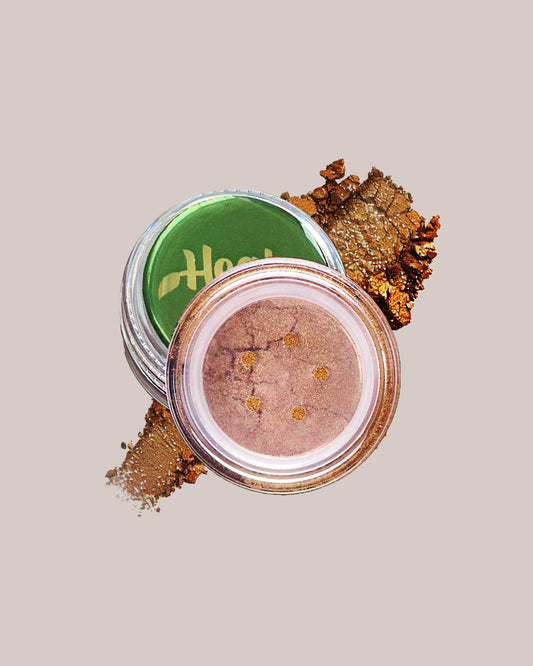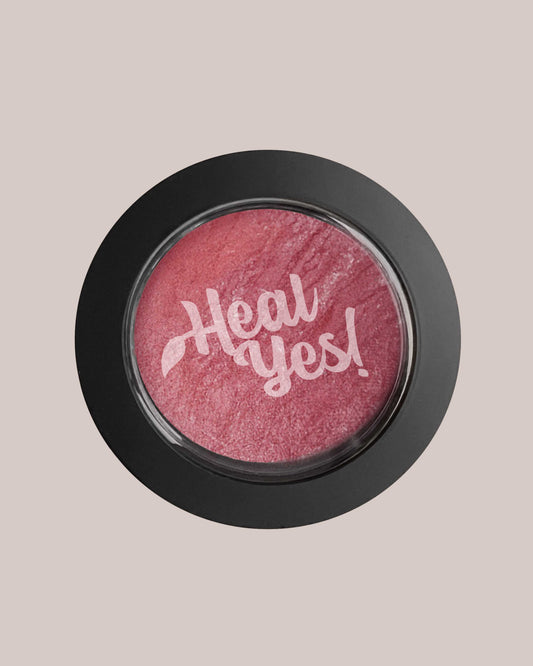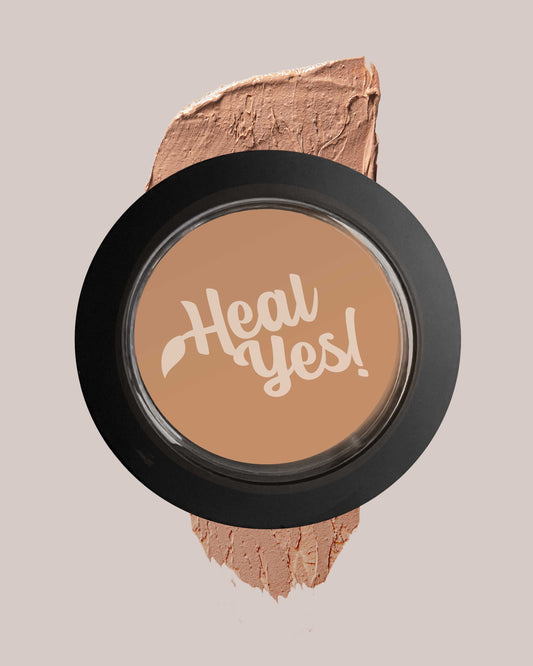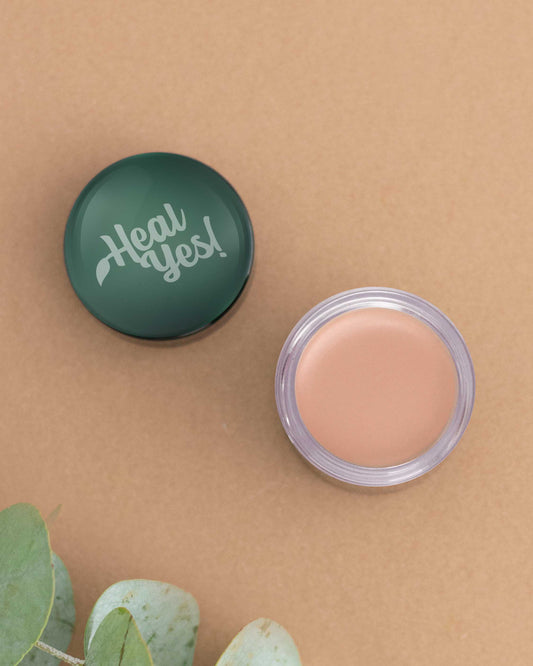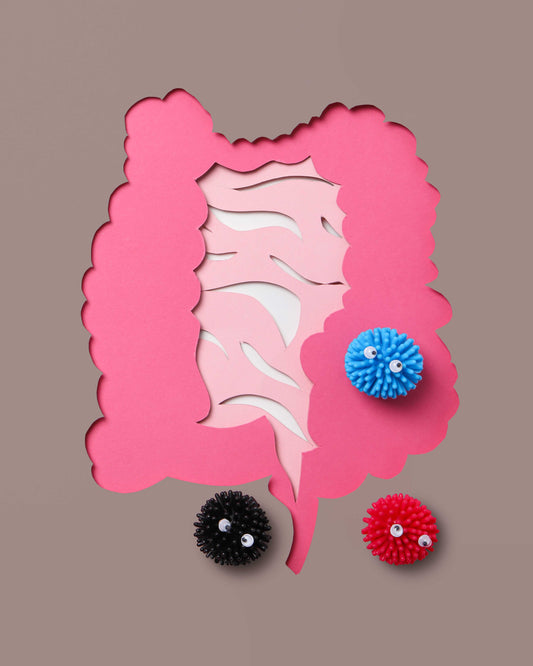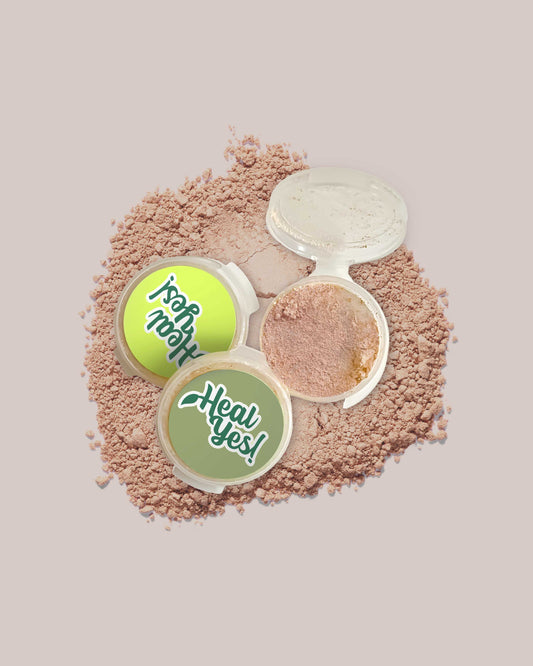Avoid Toxins During Pregnancy: Skincare Ingredients to Avoid
Share
Share
During pregnancy, it's essential to be mindful of the skincare products we use. Some ingredients commonly found in skincare products can potentially be harmful to both the mother and the developing baby. To ensure a healthy and safe pregnancy, it's crucial to understand which skincare ingredients to avoid.
In this article, you will learn about the potential risks of using certain skincare ingredients during pregnancy. We will explore the effects of hormone disruptors, the dangers of retinoids and retinol, the harmful effects of hydroquinoneand chemical sunscreens, and the problems with fragrances and even much-beloved essential oils.
Additionally, we will provide alternative options and safer alternatives for a healthy skincare routine during pregnancy.
Key Takeaways:
- Skincare ingredients must be carefully chosen during pregnancy to avoid potential harm to the mother and the baby.
- Hormone disruptors found in skincare products can interfere with the normal hormonal balance during pregnancy.
- Retinoids and retinol-based skincare products should be avoided due to their potential risks.
- Hydroquinone and chemical sunscreens can have harmful effects on both the mother and the baby.
- Fragrances and essential oils in skincare products can cause skin irritation and allergic reactions.
- There are safer alternatives to these harmful skincare ingredients that can be used during pregnancy.
- Avoiding toxins in skincare products will contribute to a healthy skincare routine during pregnancy.
Understanding the Risks
When it comes to skincare during pregnancy, understanding the risks associated with certain ingredients is crucial. Many skincare ingredients have the potential to be absorbed into the bloodstream and may pose a risk to the developing fetus. It's essential to be aware of these risks to ensure the health and well-being of both the mother and the baby.
During pregnancy, the body undergoes significant hormonal changes, which can make the skin more sensitive and prone to irritation. Some skincare ingredients can exacerbate these issues and may even have long-term effects on the baby's development. That's why it's important to educate yourself about the potential risks.
Research has shown that certain skincare ingredients should be avoided during pregnancy. These ingredients include chemicals X, chemicals Y, and chemicals Z. These substances have been linked to potential complications and can interfere with the normal hormonal balance.
The skin, being the body's largest organ, has the ability to absorb substances that come into contact with it. Skincare products containing unsafe ingredients can be absorbed into the bloodstream and potentially reach the developing fetus. This is why it's crucial to be mindful of what you apply to your skin during pregnancy and opt for safer alternatives.
In the following sections, we will further explore the specific skincare ingredients that pose risks during pregnancy and discuss their potential effects on both the mother and the baby. By understanding these risks, you can make informed decisions about your skincare routine and prioritize the health and safety of yourself and your baby.
Hormone Disruptors to Watch Out For
During pregnancy, it is crucial to be mindful of the skincare ingredients you use. Some ingredients can act as hormone disruptors, interfering with the normal hormonal balance and potentially impacting the baby's development. To ensure the health and safety of both you and your baby, it's important to avoid these hormone disruptors.
Bisphenol A (BPA)
BPA is commonly found in plastic containers and can leach into skincare products. This hormone disruptor has been linked to adverse effects on reproductive health and development. Look for skincare products that are BPA-free and opt for glass or stainless steel containers for a safer alternative.
Phthalates
Phthalates are often used as plasticizers in skincare products and can be absorbed through the skin. These hormone disruptors have been associated with reproductive issues, including altered hormone levels and decreased fertility. Choose phthalate-free products or natural skincare options during pregnancy.
Parabens
Parabens are widely used as preservatives in cosmetics and skincare products. They can mimic estrogen in the body and disrupt the hormonal balance. Look for paraben-free alternatives to reduce your exposure to these hormone disruptors during pregnancy.
Synthetic Fragrances
Synthetic fragrances often contain a combination of chemicals that can disrupt the endocrine system. These hormone disruptors can lead to allergic reactions and skin sensitivities. Opt for fragrance-free or products with natural fragrances derived from essential oils. Do note that even "natural" and "organic" formulas can contain fragrance: please read our article about the fragrance loophole next to learn more!
High Concentrations of Phenoxyethanol
Phenoxyethanol is a preservative commonly found in skincare products and cosmetics; a minuscule amount can preserve a formula, thereby preventing dangerous microbial growth. While it is considered safe in small amounts, high concentrations can have hormone-disrupting effects. Check product labels and choose those with lower concentrations of phenoxyethanol or opt for alternative preservatives.
Triclosan
Triclosan is an antimicrobial agent commonly found in antibacterial skincare products. It has been linked to hormone disruption, including interference with thyroid function. Choose triclosan-free products and opt for regular soap and water for handwashing during pregnancy.
By avoiding these hormone disruptors and opting for safer skincare ingredients during pregnancy, you can protect the health and well-being of both you and your baby.
The Dangers of Retinoids and Retinol
During pregnancy, it is crucial to be cautious about the skincare ingredients we use. Retinoids and retinol, commonly found in skincare products, are among the ingredients that should be avoided due to the potential risks they pose to both the mother and the baby.
Retinoids, which are synthetic derivatives of vitamin A, are known for their powerful anti-aging and acne-fighting properties. However, when applied topically or taken orally, retinoids can be absorbed into the bloodstream and may increase the risk of birth defects. This is especially true during the first trimester when the baby's organs are developing.
Retinol, a milder form of retinoid, is often used in over-the-counter skincare products. While it is less potent than prescription retinoids, it can still present risks during pregnancy. The body converts retinol into retinoic acid, which can interfere with the normal development of the baby.
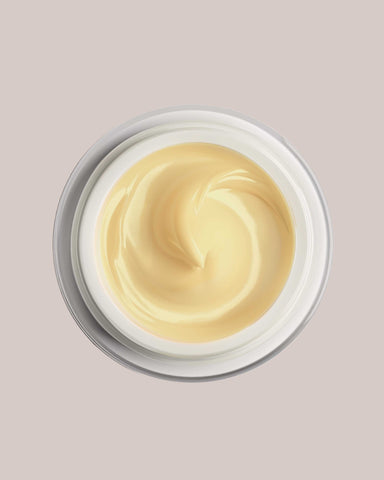
Safe Alternatives
Fortunately, there are safe alternatives to retinoids and retinol that pregnant women can use to take care of their skin. Natural ingredients like vitamin C, niacinamide, and hyaluronic acid are effective in maintaining healthy skin without the potential risks; see this outstanding Tetrahexyldecyl Ascorbate Serum Cream here. These alternatives can help reduce the appearance of fine lines, even out skin tone, and provide hydration.
When choosing skincare products during pregnancy, it is essential to read labels carefully and look for products that are specifically formulated to be safe for use during this time. Also, consulting with a dermatologist or healthcare provider can provide valuable guidance on which ingredients to avoid and which alternatives to embrace.
By being mindful of the skincare ingredients we use, we can ensure the well-being of both ourselves and our unborn babies. It's important to prioritize safety and choose products that are compatible with a healthy and happy pregnancy.
Harmful Effects of Hydroquinone and Chemical Sunscreens
During pregnancy, it is essential to be cautious about the skincare ingredients you use. Among the ingredients that should be avoided are hydroquinone and chemical sunscreens. These substances can pose potential risks to both the mother and the baby.
Hydroquinone is commonly found in skin lightening creams and is used to treat hyperpigmentation. However, its safety during pregnancy has not been established. Studies have shown that hydroquinone is absorbed through the skin and can be detected in the bloodstream. While research on its effects on pregnancy is limited, it is advisable to err on the side of caution and avoid using products containing hydroquinone during this crucial period.
Chemical sunscreens, on the other hand, are widely used to protect the skin from harmful UV rays. However, some chemical sunscreens contain ingredients like oxybenzone and octinoxate that have been found to have potential hormone-disrupting effects. These ingredients can be absorbed into the bloodstream and may pose risks to the developing fetus. It is recommended to opt for mineral-based sunscreens, which contain ingredients like zinc oxide and titanium dioxide, as safer alternatives during pregnancy.
Protecting your skin from the sun is important, especially during pregnancy when hormonal changes can make your skin more prone to pigmentation and sensitivity. Besides using mineral-based sunscreens, other sun protection measures, such as seeking shade, wearing protective clothing, and using wide-brimmed hats, can also help keep your skin safe from the harmful effects of sun exposure.
Remember, maintaining a healthy skincare routine during pregnancy is crucial, as it not only affects your own well-being but also the well-being of your baby. By being aware of the potential risks associated with hydroquinone and chemical sunscreens, and opting for safer alternatives, you can ensure a healthy and happy pregnancy.
The Problem with Fragrances and Essential Oils
When it comes to skincare products, fragrances and essential oils are often used to enhance the experience with pleasant scents. However, these ingredients can pose potential dangers for expectant mothers during pregnancy.
Fragrances and essential oils are commonly found in various skincare products, such as lotions, creams, and even some cleansers. While they may seem harmless, it's important to understand their potential risks.
One of the main concerns with fragrances and essential oils is their ability to irritate the skin. During pregnancy, hormonal changes can make the skin more sensitive, leading to increased chances of skin irritation and allergic reactions. Certain fragrances and essential oils can exacerbate these issues, causing discomfort and potential skin damage.
Skincare Ingredients to Be Cautious Of
It's crucial for expectant mothers to familiarize themselves with the specific fragrances and essential oils to avoid during pregnancy. Some common culprits include lavender oil, tea tree oil, citrus oil, and rosemary oil. Normally, people love these ingredients, but do be cautious during pregnancy:
These ingredients are known to be potential allergens and skin irritants, which can lead to redness, itching, and inflammation. Additionally, they may also possess hormone-disrupting properties, complicating the delicate hormonal balance during pregnancy.
Safe Alternatives for Fragrance and Scent
If you still want to enjoy pleasant scents in your skincare routine during pregnancy, there are alternatives that are considered safe for expectant moms. Look for products with natural, pregnancy-safe fragrances, such as chamomile, oatmeal, or shea butter.
Alternatively, you can opt for fragrance-free products from Heal Yes! that do not contain any added fragrances or essential oils. These options can help minimize the risk of skin irritation and allergic reactions, providing a safer skincare experience for both you and your baby.
Remember, always consult with your healthcare provider or a dermatologist before incorporating any new skincare products into your routine during pregnancy. They can provide personalized guidance based on your specific needs and ensure the safety of both you and your baby.
Safe Formulas for a Healthy Skincare Routine
When it comes to skincare during pregnancy, it's essential to prioritize the safety of both you and your baby. By avoiding harmful skincare ingredients, you can maintain a healthy skincare routine that nurtures your skin without compromising your well-being. Here, we provide you with a comprehensive list of safer alternatives to the skincare ingredients mentioned earlier.
One of the best ways to ensure a safe skincare routine during pregnancy is to opt for natural and organic products. Look for formulas that are free from harsh chemicals, fragrances, and artificial colors. Ingredients such as aloe vera, chamomile, and shea butter can provide hydration and soothe sensitive skin without the risk of harmful effects. Find these amazing, purest-of-pure formulas within Heal Yes!
Remember, it's always best to consult with your healthcare provider or a dermatologist before making any changes to your skincare routine. They can provide personalized recommendations based on your specific needs and concerns. By choosing safer alternatives and being mindful of the ingredients you use, you can enjoy a healthy and radiant complexion throughout your pregnancy journey. Heal Yes!

